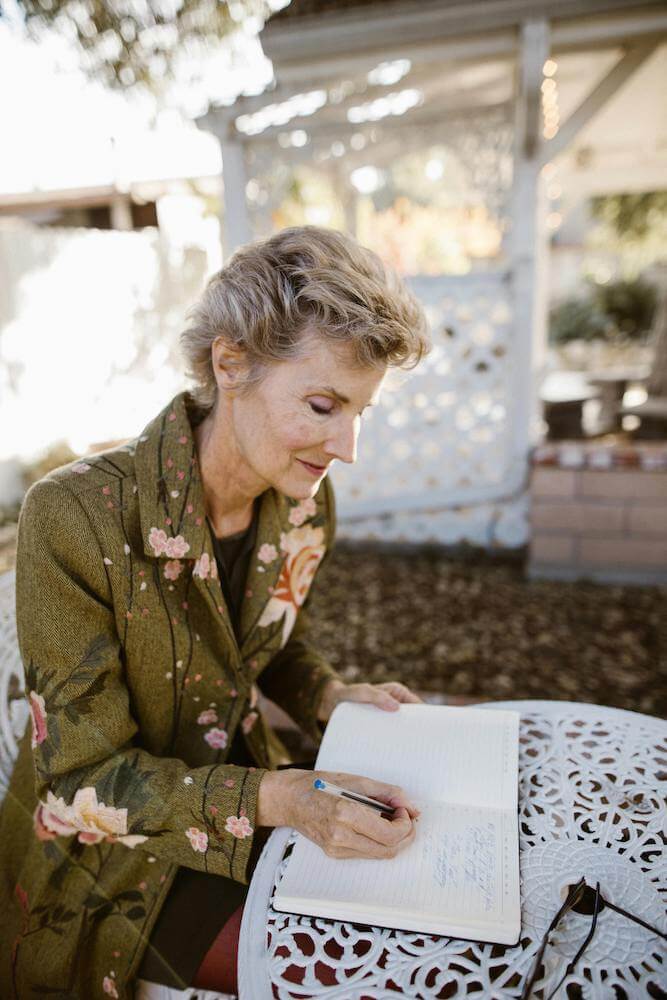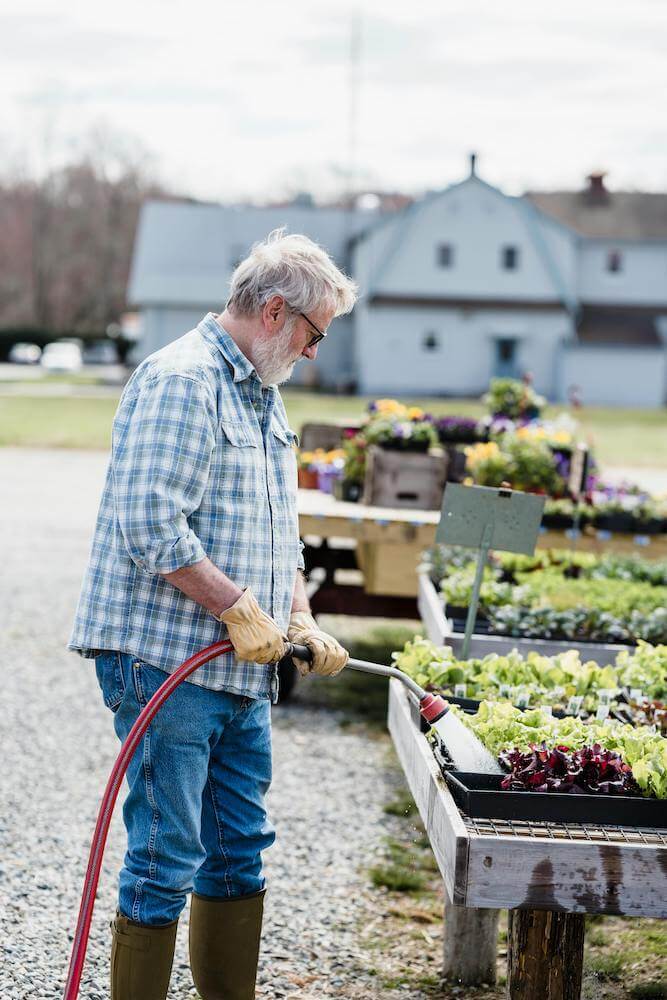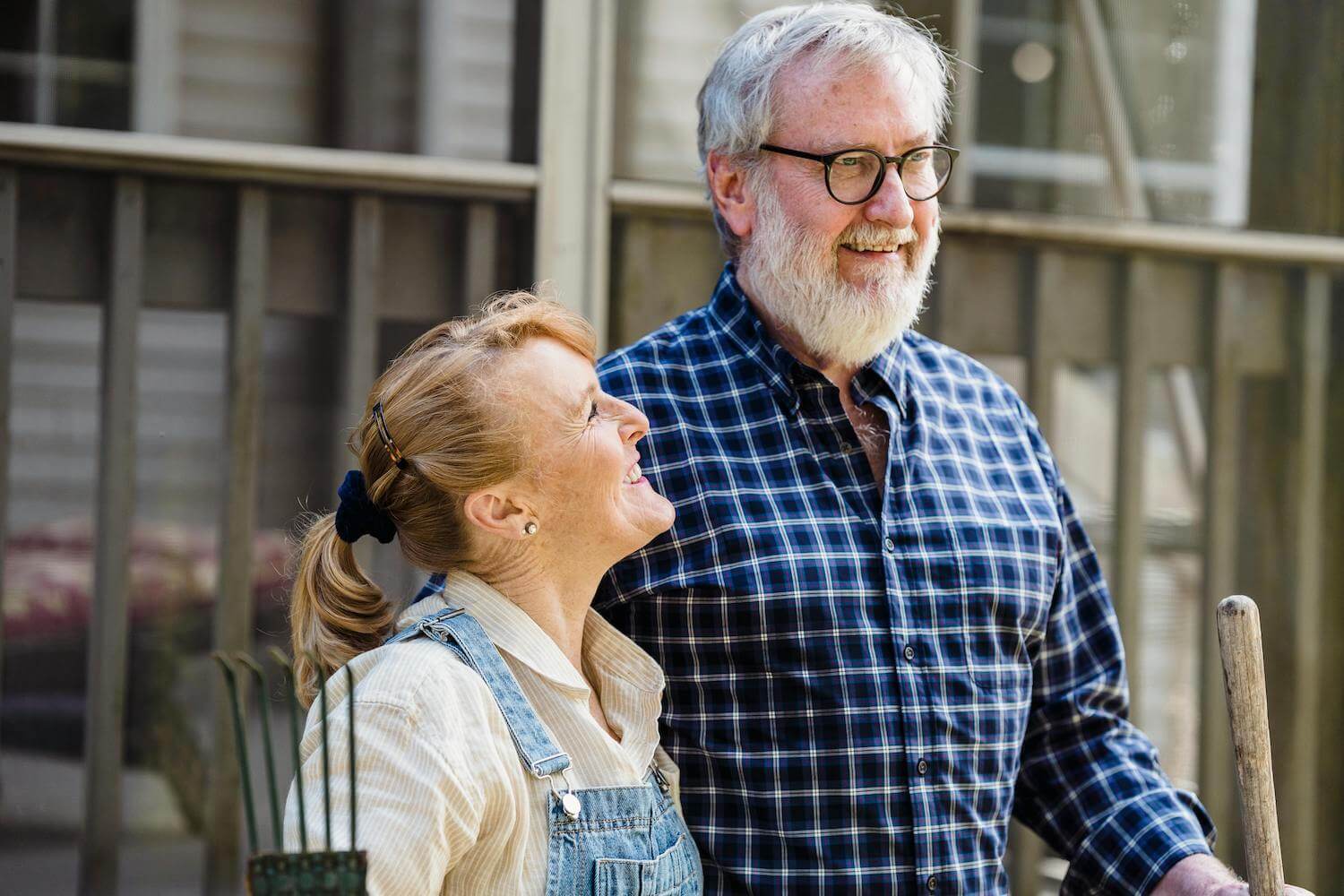Caring for seniors with dementia requires a unique approach that goes beyond traditional caregiving. Engaging activities play a crucial role in enhancing the quality of life for individuals living with dementia. In this guide, we will explore a variety of memory care activities designed to spark joy, emphasizing sensory experiences and active engagement. By incorporating creative arts, sensory stimulation, modified games, and outdoor activities, caregivers, family members, and assisted living communities can create environments that promote fulfillment and connection for seniors facing the challenges of dementia.
Understanding the Significance of Engagement
To effectively engage seniors with dementia, it’s essential to understand the profound impact of meaningful activities on their well-being. Engagement not only enhances cognitive function but also contributes to emotional and social well-being. By participating in activities that spark joy, individuals with dementia can experience a sense of purpose and connection with their surroundings.
Creative Arts as Therapeutic Tools
Creative arts, including music, art, and dance, have shown to be powerful therapeutic tools for seniors with dementia. Music, in particular, has the ability to evoke memories and emotions. Incorporating music therapy into daily routines can create a positive and stimulating environment. Similarly, art and dance activities provide avenues for self-expression, enabling seniors to communicate and connect with others on a profound level.

Sensory Stimulation for Cognitive Enhancement
Sensory experiences play a crucial role in stimulating the minds of seniors with dementia. Activities that engage the senses, such as aromatherapy, tactile stimulation, and multisensory environments, contribute to cognitive enhancement. Caregivers can introduce scents that trigger positive memories, provide textured objects for tactile exploration, and create sensory-rich spaces to promote mental stimulation and engagement.
Modified Games for Cognitive Challenges
Adapting traditional games to suit the cognitive abilities of seniors with dementia can provide both mental and physical stimulation. Modified versions of games like bingo, trivia, and card games allow individuals to participate at their own pace and level of comprehension. These activities not only foster cognitive challenges but also encourage social interaction, creating a sense of community and connection among participants.
Outdoor Activities for Physical and Mental Well-being
Spending time outdoors has numerous benefits for individuals with dementia. Nature walks, gardening, and picnics provide opportunities for physical activity and exposure to natural stimuli. Outdoor activities also offer a change of scenery, reducing feelings of isolation and boredom. Caregivers can design safe and accessible outdoor spaces that cater to the specific needs of seniors with dementia, promoting both physical and mental well-being.
Personalized Memory Journals and Reminiscence
Creating personalized memory journals allows seniors to reminisce about their past and share their life stories. Caregivers can work with family members to compile photographs, mementos, and written anecdotes that hold sentimental value. Reviewing these memory journals not only fosters a sense of identity and continuity but also provides an opportunity for meaningful conversations between seniors and their caregivers.
Pet Therapy for Emotional Connection
The companionship of pets can have a profound impact on the emotional well-being of seniors with dementia. Pet therapy involves interactions with specially trained animals, offering comfort, companionship, and a source of joy. Whether it’s a visit from a therapy dog or the presence of a resident pet in an assisted living community, these interactions create emotional connections that can positively influence mood and reduce feelings of loneliness.
Intergenerational Activities to Bridge Generations
Bringing different generations together through intergenerational activities benefits both seniors with dementia and younger participants. Activities such as storytelling, arts and crafts, or simple games create opportunities for meaningful connections. The exchange of experiences and perspectives between seniors and younger individuals fosters a sense of community, breaking down age-related barriers and enriching the lives of all involved.
Aromatherapy for Relaxation and Calm
Aromatherapy, using scents derived from essential oils, can have a calming effect on individuals with dementia. Lavender, chamomile, and citrus scents are known for their relaxing properties. Caregivers can incorporate aromatherapy into daily routines, using diffusers or scented sachets to create a soothing atmosphere. This simple yet effective method contributes to a peaceful environment, promoting relaxation and reducing stress.

Fostering Connection Through Social Activities
Social interactions play a vital role in the well-being of seniors with dementia. Organizing group activities such as group exercises, music sessions, or social gatherings provides opportunities for connection and shared experiences. Caregivers should create inclusive environments where individuals feel valued and supported, fostering a sense of belonging and community among seniors with dementia.
Engaging seniors with dementia in activities that spark joy is an integral part of providing holistic care. By incorporating creative arts, sensory stimulation, modified games, outdoor activities, personalized memory journals, pet therapy, intergenerational activities, aromatherapy, and social engagement, caregivers can enhance the overall well-being of individuals living with dementia. This guide aims to empower caregivers, family members, and assisted living communities in creating environments that promote fulfillment, connection, and joy for seniors facing the challenges of dementia.




